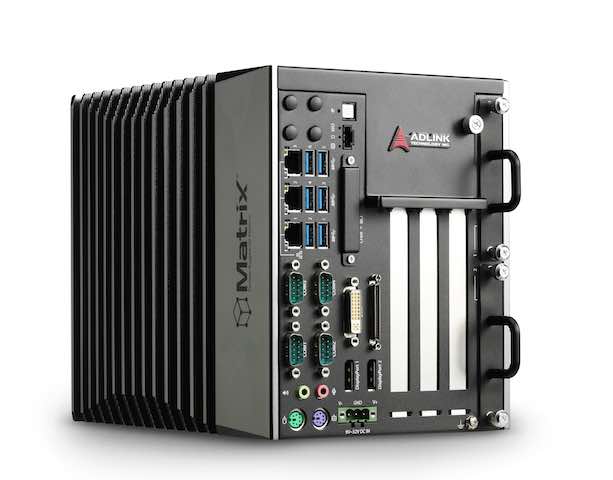Industrial PCs have become a crucial element of the manufacturing floor, so why risk resource wastage with a non-industrial grade PC?
An industrial computer is a particular category of computer systems designed to handle a range of factory and industrial tasks for the automation of machinery, production equipment, and autonomous robotics of the modern era.
The ability to operate with high reliability in the harshest industrial environments is one major advantage of industrial computers. Read on to learn about the difference between a regular computer and an industrial PC.

Capabilities of an Industrial PC
Many industrial computers share robust aspects of design that use fanless cooling technology, cableless connections to minimize moving parts, and resistance to any degree of intrusion of dust and water.
Such main features are some of the biggest advantages of industrial computers because, for many industrial automation deployments that are unable to afford downtime, it provides reliability and performance.
Industrial PCs vs Regular PCs
Because of its deployment use cases, an industrial computer is distinct from a typical personal computer in several specific ways.
An industrial computer's internal components may appear to be ordinary parts of desktop computers (CPU, memory, storage), but it has a different type of power.
An industrial computer is very distinct in its strikingly robust design elements that are constructed in industrial automation machines for precision and accuracy.
There are several design elements that are crucial to the performance and efficiency of industrial computers that you can compare and assess when integrating computing hardware to ensure the best overall cost of ownership.
Expandability and Longevity
In order to have adequate support for many legacy devices and applications, industrial computers have more extension capabilities than consumer computers. Many of the parts used are functional and can last for up to 15 years.
This is particularly useful for industrial factories that might not be able to update or refurbish every few years with the latest automation technology.
Nowadays, most industrial computers include a platform to help centralize multiple workloads derived from different legacy and up-to-date technological characteristics.
The ability to support legacy analog serial ports versus the newest digital universal serial bus (USB) connectors is one main example.
Shock and Vibration Resistance
High shock and vibration levels may be harmful to a device that has not undergone comprehensive validation and testing of the design.
During these particular cases, most industrial computers have some degree of resistance to these environmental factors and retain functionality.
For instance, during the production process, some industrial automation machinery can produce levels of shock and vibration that may cause harm to general computers and cause device failures.
Vibration level support varies from 3-5 GRMS; and shock is also supported up to 5 G; for heavy-duty military use cases, some industrial computers may also meet strict military requirements such as MIL-STD-810G.

Enclosure Form Factor
Industrial computers are typically subjected to harsh factory conditions where exposure to wide temperatures, vibration, and spikes of voltage can damage a general computer.
Industrial computers thus have internal parts that are durable enough to endure high temperatures and vibrations, constructed from alloy materials.
Most external enclosures have a reliable aluminum chassis that operates as a heat sink that transfers heat away from the central processing unit, memory, and storage, and other critical internal components.
Conclusion
There are several types of computers out there. In terms of receiving, storing, and processing information to perform a sequence of operations, an industrial PC is similar to a regular PC.
They are also identical in their hardware components. However, in terms of expandability and longevity, shock and vibration resistance, and enclosure form factor, industrial PCs are superior.




